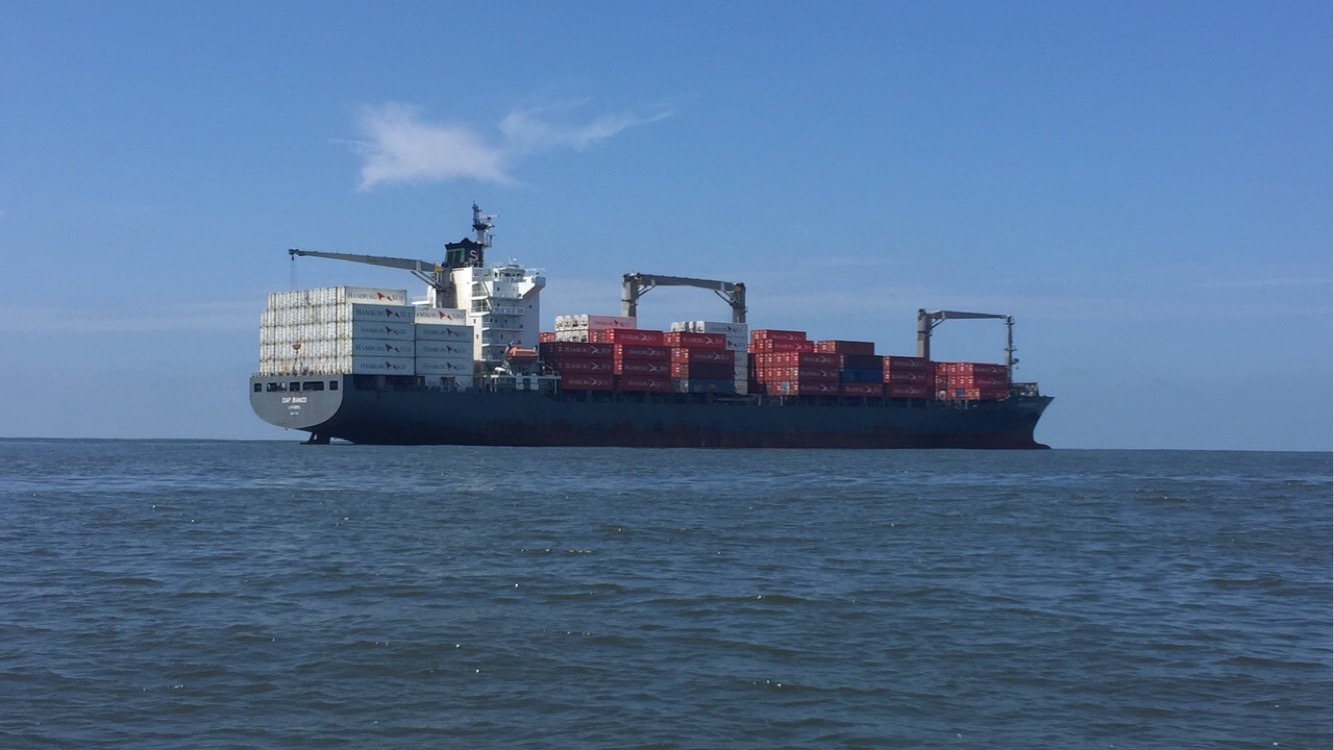JERUSALEM (Parliament Politics Magazine) – Israeli official says Israel will reject Lebanon’s amendments to a US-drafted proposal on resolving a protracted dispute on the maritime border over gas-rich waters off the countries’ Mediterranean coasts, casting into question years of diplomatic efforts to allow both rival nations to extract gas in or around a disputed Mediterranean prospect.
Amos Hochstein, the US ambassador, proposed a draft agreement that hasn’t been made public, and the Israeli and Lebanese governments first reacted favourably to it when they got it over the weekend.
However, the AFP news agency and Israel’s media reported that Israel had rejected the US proposal’s amendments on Thursday after Lebanon sent its answer to Washington’s proposal on Tuesday.
The official stated that Prime Minister Yair Lapid had been informed of the specifics of the significant revisions Lebanon is attempting to make to the agreement and had given the negotiating team instructions to reject them.
The official added that Israel would not compromise on its security and economic interests, even if that meant that an agreement won’t be reached anytime soon.
However, the deal was 90% done but the remaining 10% might make it or break it, said Elias Bou Saab, the lead negotiator for Lebanon.
Another Lebanese official stated that his country was awaiting official word from Israel regarding its revised stance. The official said that they wanted to know if Israel had rejected the revisions completely or in part, or if they merely had their own thoughts on it.
Threats
In accordance with the maps given by both nations to the United Nations in 2011, Lebanon and Israel have been at odds over a marine area measuring 860 square kilometres (332 square miles).
Natural gas and oil are abundant in the region. With US mediation and UN sponsorship, there have been five sessions of indirect negotiations on the matter since 2020, with the most recent round taking place in May 2021.
Technically, the two nations are still at war and do not have any diplomatic ties.
The US proposal was on the correct route to claim Lebanon’s rights over all its waters, Lebanese Prime Minister Najib Mikati, said earlier this week.
The Hezbollah organisation, supported by Iran and a major player in Lebanon that views Israel as its arch enemy, applauded Washington’s proposals as well.
John Hendren of Al Jazeera said that Israel was putting more pressure by rejecting Lebanon’s amendments to the proposed agreement.
Speaking from West Jerusalem, he said that they were hearing that Lapid’s government was going to go ahead and collect gas from that Karish field totally on Israeli land and if Hezbollah assaulted it they were going to cease negotiations.
Despite Hezbollah’s threats, Israel has been preparing to begin operations at the Karish field, biggest gas field off the coasts of the two nations,
Beirut’s answer to Hochstein’s draft, includes amendments of specific lines so that there is no scope for misunderstanding, a Lebanese official involved in the negotiations said on Tuesday
2020 saw the resumption of negotiations between Israel and Lebanon over their maritime border, but the process was delayed by Beirut’s demand that the UN map used in the discussions be changed.
Israel claims that the US plan grants it complete control over the Karish field, which, in Lapid’s view, is wholly within Israeli territory and has never been the subject of negotiations.






